Parents/Carers News
With one in seven people around the world using the Facebook-owned messaging app, what opportunities does it present for reporters in terms of finding stories, as well as distributing them?
Facebook is rolling out a new feature across the UK to help users who feel suicidal.
The Suicide Prevention tool has been developed in connection with the Samaritans.
It aims to try and provide advice and support for those struggling to cope, as well as for their friends and family.
People can now report posts they are worried about in a more direct way.
Police in England and Wales are producing new guidelines designed to avoid "criminalising" children caught sending indecent images to each other.
Under current Home Office rules any such "sexting" incident reported to the police must be recorded as a crime.
The National Police Chiefs Council (NPCC) will advise teachers on when they should report such incidents.
It confirmed to the BBC that new guidelines were being developed but were in very early stages.
A 17-year-old boy has been arrested in connection with a sexting scandal after pupils at a leading public school were duped into posting explicit selfies online.
Parents at £29,000-a-year Dauntsey's School in Wiltshire were reportedly warned that 42 pupils were targeted.
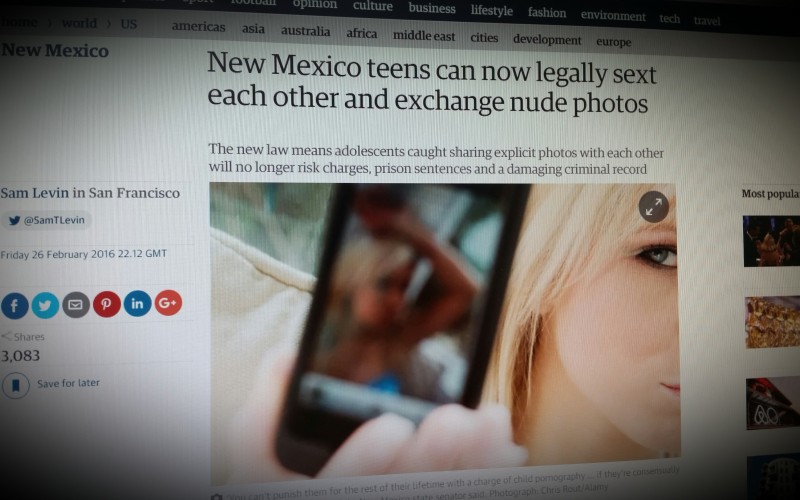
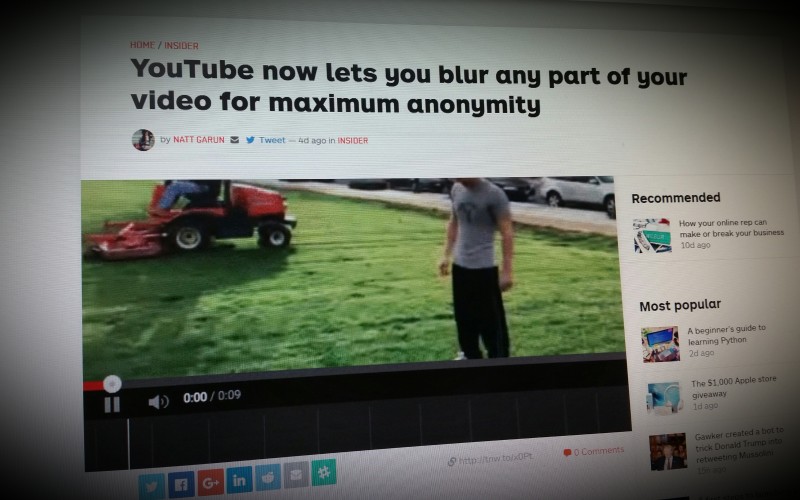
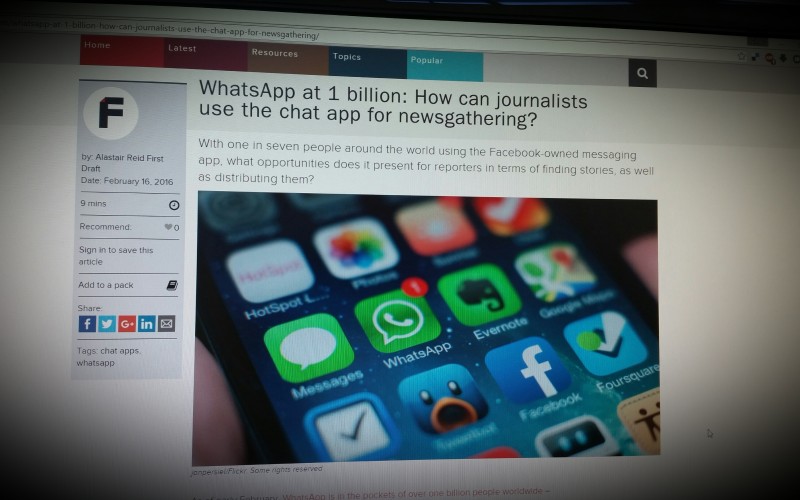
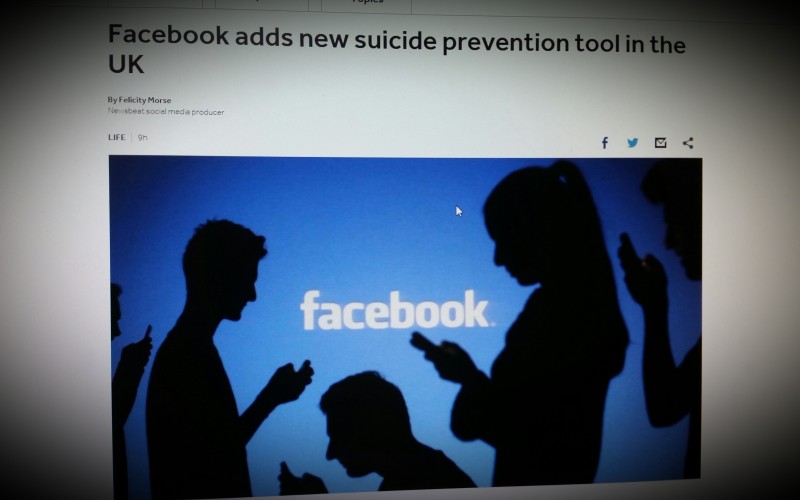
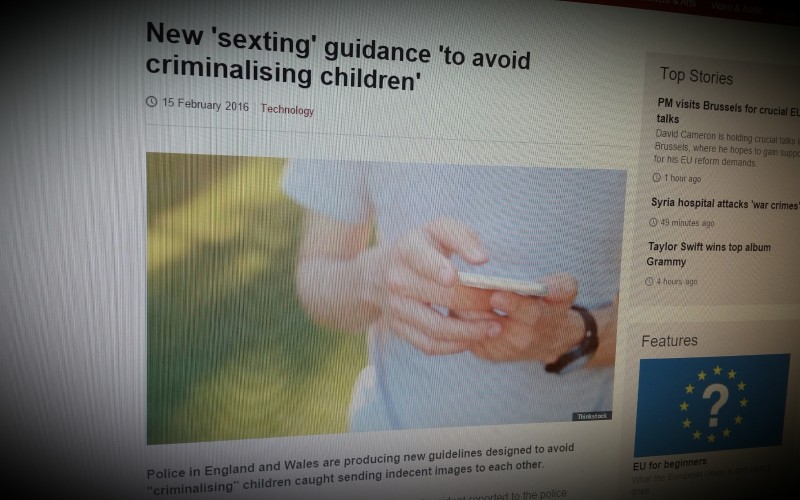
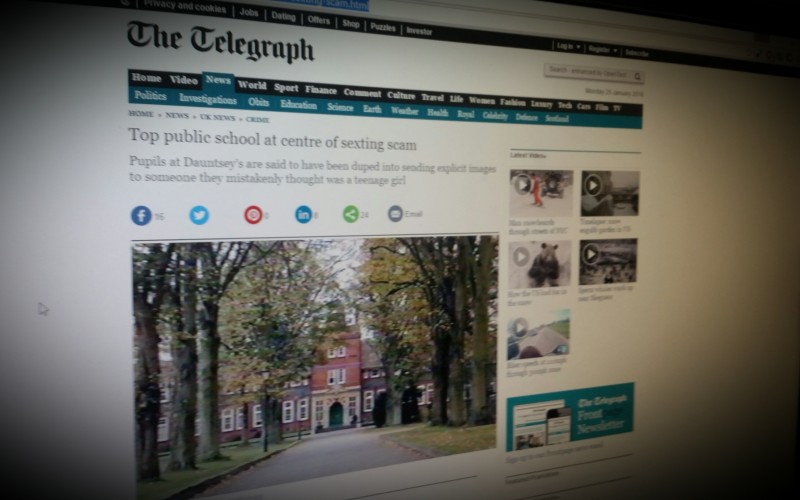
Comments
make a comment